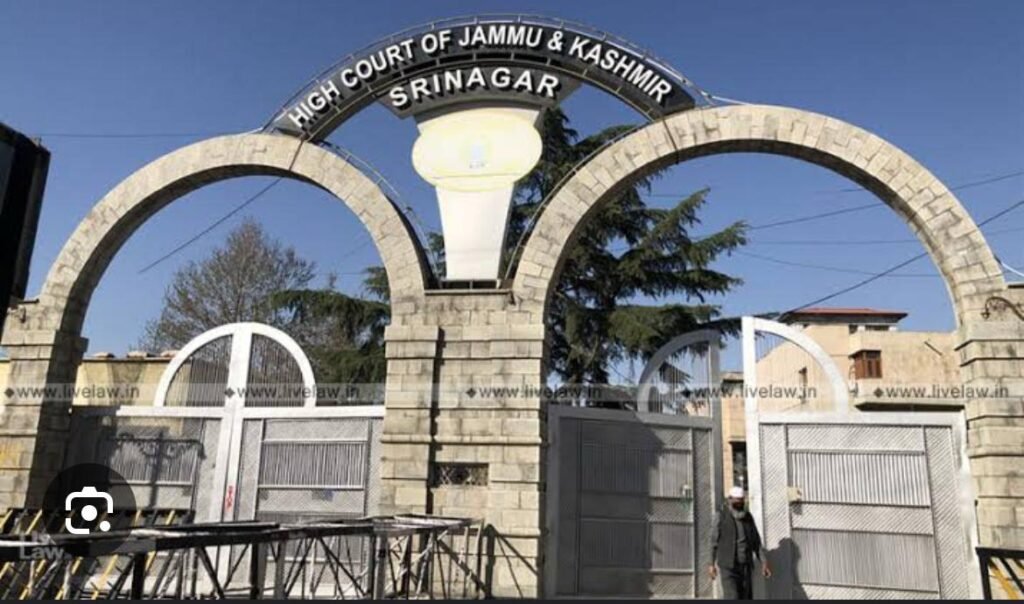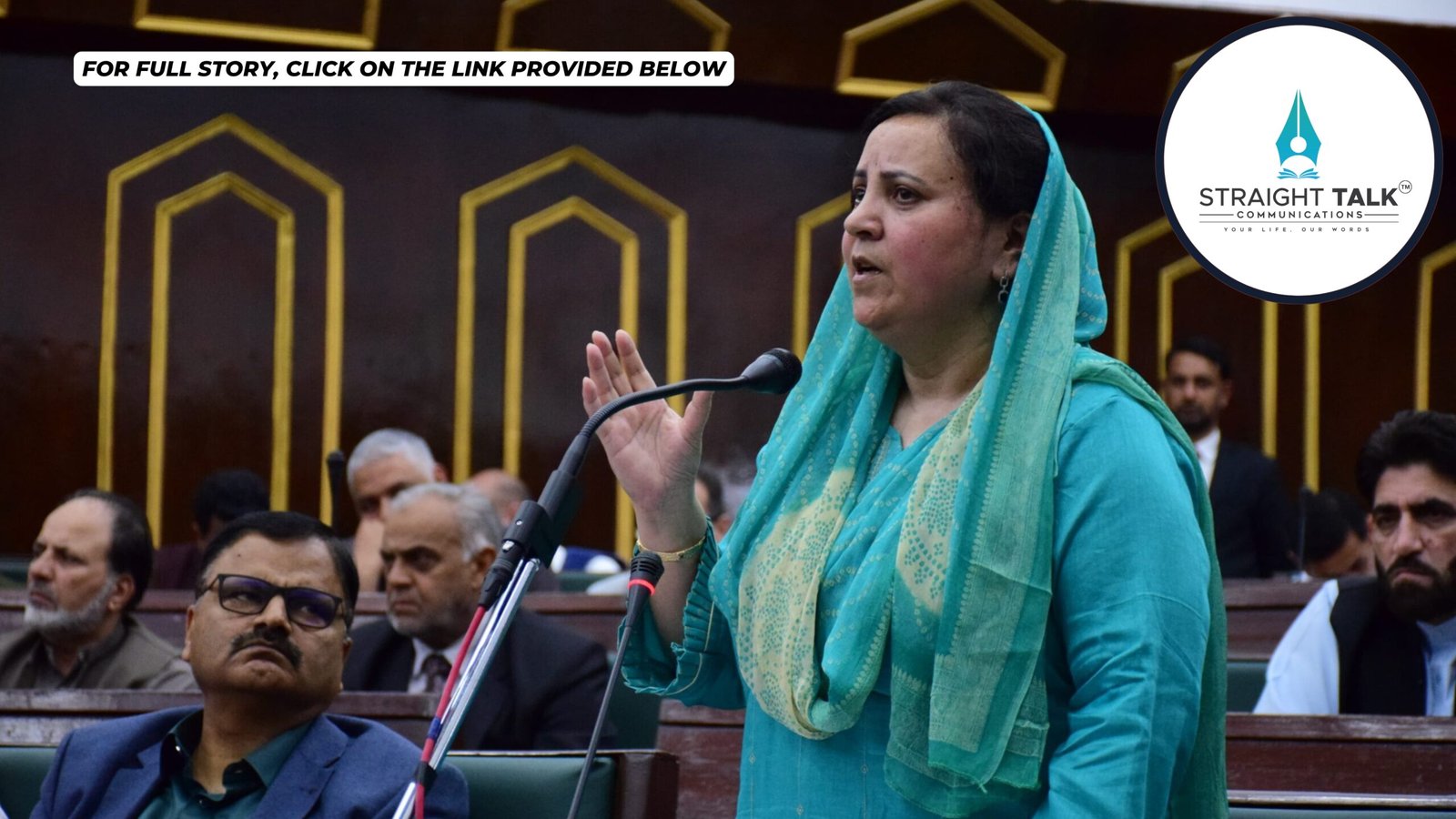A person allowed to stay in the premises gratuitously, does not acquire any title over the property: J&K High Court

The Court made the observation while refusing to grant any interim injunction in favour of the industrial unit which claimed certain rights over a piece of property that it had been allowed to occupy without any rental or lease agreement.
STC MONITORING DESK
Srinagar, December 31: The High Court of Jammu and Kashmir and Ladakh while dealing in the matter of M/S M. R. Industries V/s State of J&K and Ors., has observed that “a person holding a premises gratuitously and whose initial entry in the premises is questionable, would not acquire any right or interest in the property and even long possession in that capacity would be of no legal consequence.”
The Court made the observation while refusing to grant any interim injunction in favour of the industrial unit which claimed certain rights over a piece of property that it had been allowed to occupy without any rental or lease agreement.
Such occupation was allowed to continue for two years in this manner even though the said land actually belonged to a third party.
“If a person has been allowed to stay in the premises gratuitously, he does not acquire any title over the property and the Courts would not be justified in protecting the possession of any person who was allowed to occupy the premises for some time gratuitously. The protection can only be granted or extended to a person who has a valid subsisting rent agreement, lease agreement or license agreement in his favour,” the High Court reiterated.
Remarkably, Justice Sanjay Dhar noted that this was laid down by the Supreme Court in its 2012 ruling in the case of Maria Margarida Sequeira Fernandes and Ors vs. Erasmo Jack De Sequeira.
The judge added that a person who enters property in a questionable manner and gratuitously occupies it for some time, would not acquire any right in the said property, regardless of how long the occupation was.
Justice Dhar opined that courts would not be justified in protecting the possession of any person who was allowed to occupy the premises in such a manner, gratuitously.
He clarified that any such protection can only be extended to a person who has a valid subsisting rent agreement, lease agreement or license agreement in their favour.
By way of background, the industrial unit was initially granted a lease for two kanals of land through a lease deed. It asserted that it was also tacitly permitted to use an adjacent plot of land for additional activities. It further claimed that it paid ground rent for the use of this adjacent plot of land.
The industrial unit repeatedly sought a formal allotment of the adjacent plot, but the State authorities refused to grant it since the land belonged to a third party. Before court, the authorities accused the industrial unit of encroaching upon the said property.
The matter eventually reached a civil court after the industrial unit filed a suit to restrain the State authorities from interfering with the unit’s occupation of the adjacent plot of land. The industrial unit also filed an application for interim relief.
However, the civil court dismissed this application after noting that related litigation was pending before the High Court. This led the unit to file an appeal before the High Court.
By an order passed on December 17, the High Court dismissed this appeal after finding that there was no prima facie case made out in the industrial unit’s favour to grant any interim relief.
The High Court clarified that a person occupying premises gratuitously, without formal authorization, cannot claim rights, even with prolonged possession.
It also dismissed the appellant’s (industrial unit’s) argument that it was entitled to an injunction since it was in settled possession of the plot. It held that the appellant’s occupation, being unauthorized, did not warrant protection from eviction.
Accordingly, the High Court dismissed the appeal and upheld the trial court’s dismissal of the temporary injunction application.
“In the instant case, as per plaintiff’s own case he was allowed to occupy the additional plot of land in question by the defendants without any formal allotment. The plot of land admittedly belongs to a third person who is a migrant. Therefore, there is no legal right or interest created in favour of the plaintiff in this case, so as to entitle him to remain in possession of the suit land. Thus, there is no prima facie case in favour of the appellant/plaintiff. For this reason alone, the appellant/plaintiff is not entitled to grant of interim injunction,” the Court held.
(Source: barandbench.com)







